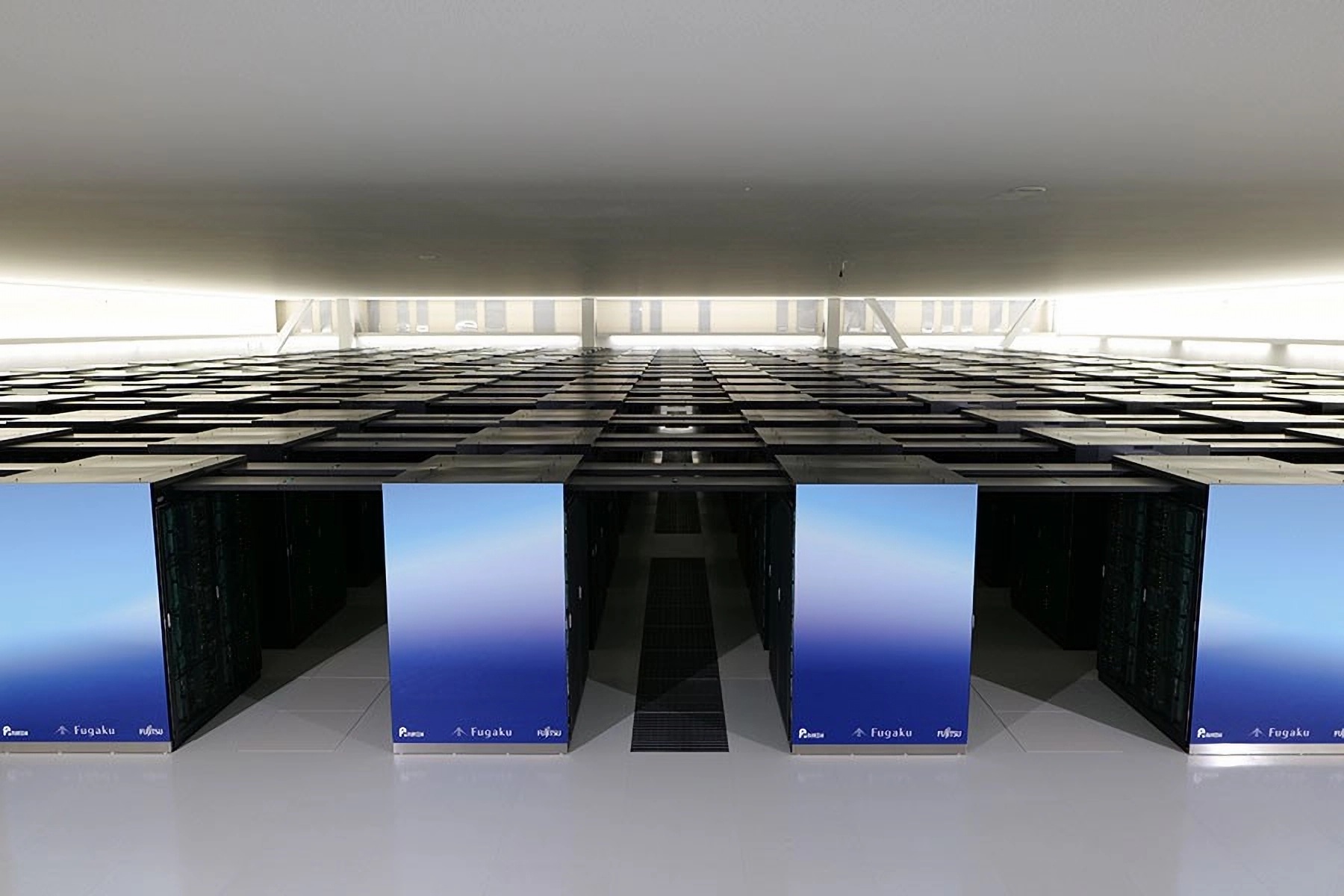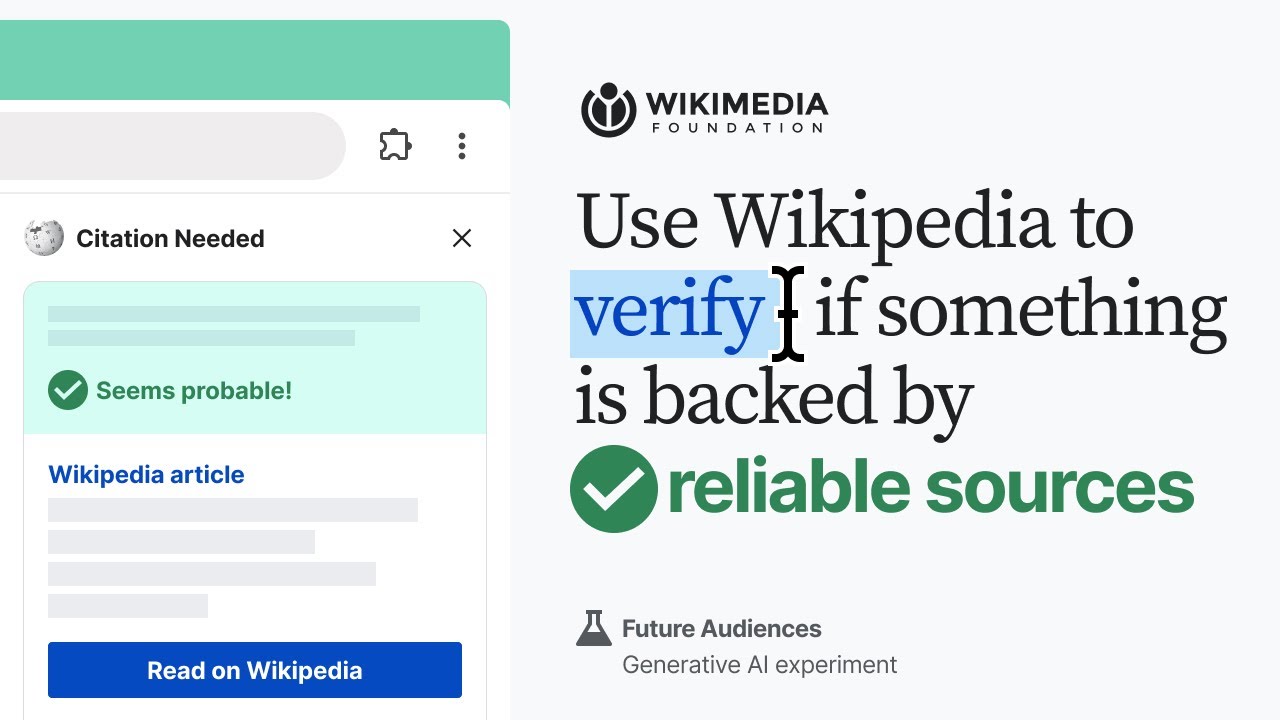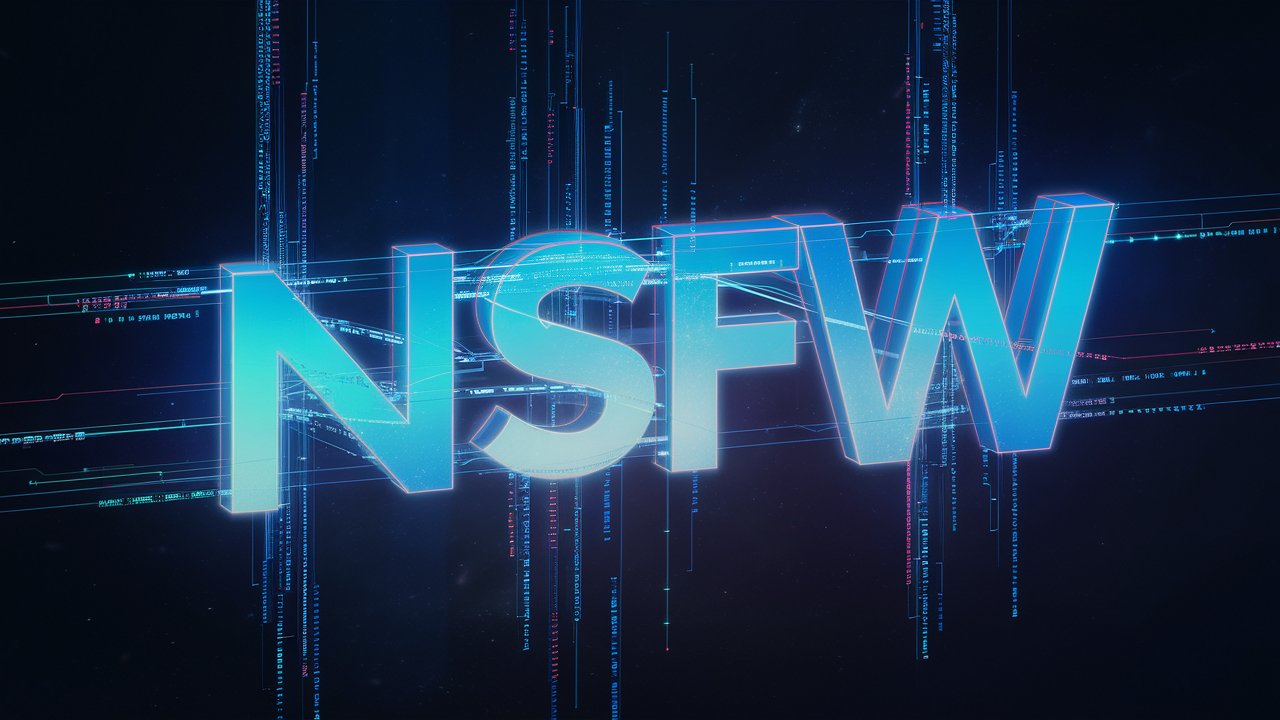Read full article about: Masayoshi Son's $64 billion AI gambit: Arm to launch its own AI chips in 2025
SoftBank plans to build its own AI chips by 2025 and invest $64 billion (10 trillion yen) in AI chips, robotics, data centers and more, reports Nikkei Asia. SoftBank subsidiary Arm, known for its chip design in smartphones, will set up its own AI chip division. A prototype is expected by spring 2025, and mass production by contract manufacturers could begin in the fall. Arm will initially bear the development costs of several hundred billion yen, supported by SoftBank. Talks are underway with TSMC, among others, about production capacity. Son sees super-intelligent AI as a means of solving fundamental problems and predicting the future. SoftBank also plans to build data centers and renewable energy plants, as well as make acquisitions to position itself as an AI group.
Comment
Source: Nikkei Asia








